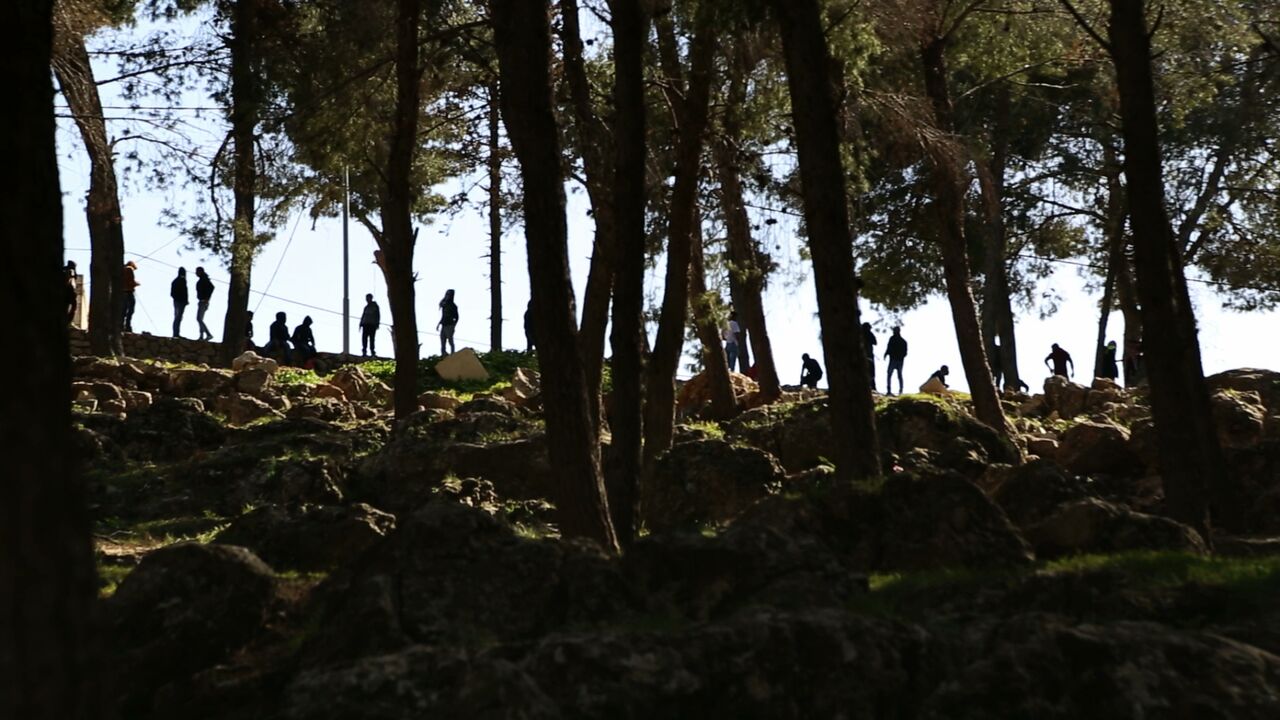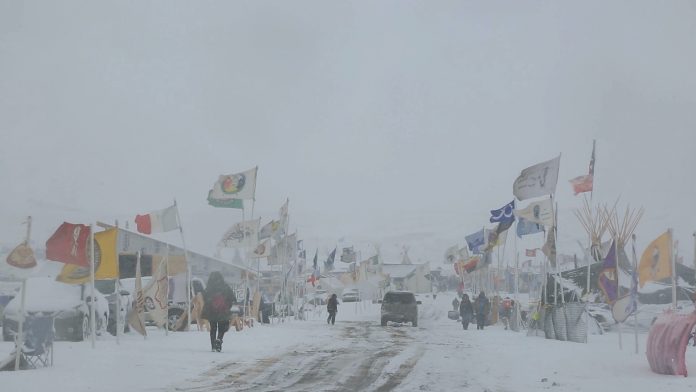(THIS ARTICLE IS MACHINE TRANSLATED by Google from Norwegian)
The documentary genre is gaining more respect and attention as an innovative film format in itself. Released from the expectation of imitating the pseudo-objectivity of journalistic reporting, with its worn-out formula "faces talking to camera or each other", several directors have recently experimented with the documentary as a means to promote cases, activism and popular mobilization.
The Sharjah Film Platform in the United Arab Emirates was organized for the first time in January this year, and will be a springboard for regional Arabic film as well as a meeting place for critical engagement. Here, documentary filmmaker Malek Rasamny participated in a panel entitled Documentary Expanded, presenting a vision of himself and his colleagues as communicators. What he is concerned about is not only the source of the stories, but also where they are passed on until the end product is showcased; which communication lines are created and which mutual access is created between separate groups. Rasamny, based in New York and Beirut, directed with Matt Peterson Spaces of Exception (2018), a documentary that had its world premiere on Sharjah, and which the directors created in the hope that it would serve as a medium of cross-border solidarity for groups exposed to land theft and repression.

Land and the exercise of power
"In Navaho, we have no word for relocation, to relocate means to disappear and never be seen again," says a North American Indian in Spaces of Exception. The documentary shows how important local affiliation is for a people's collective identity and spiritual unity, and that occupying forces systematically break such ties and take control of land with the help of new definitions and laws. The filming has taken place over the last four years, and the film draws parallels between the situation of indigenous peoples in North America – who are referred to modest patches of land by the white colonists who plunder their ancestral land – and the Palestinians in the West Bank and Lebanon, who are squeezed into cramped, prison-like areas by Israeli settlers. The cliffs alternate between different reserves and refugee camps, while the residents discuss the struggle they are waging for self-government.
The documentary as a means of promoting causes, of activism and of popular mobilization.
Although comparing these various experiences becomes a simplification – and the film skips smoothly the specific context of the establishment of the State of Israel and the role European anti-Semitism has played in the region's ethnic contradictions – the film hails a significant point in showing that dehumanization through oppression is a global phenomenon that takes place with methods that are only too easy to recognize. The filmmakers seem to move effortlessly from place to place and, with their privileged movement, assume the role of messengers in a good fight. They will bring Spaces of Exception back to the places where it was recorded to make movie screenings and so the stories can reach people outside the film festivals, in places where it will resonate most. In this way, they create exactly the exchange of ideas between separate resistance groups that the rulers want to prevent by isolating them.
A visible existence as resistance
The concept of Spaces of exception, or "exception places" (created by thinker Carl Schmitt who supported the Nazi regime) originate in a power of understanding where extreme deviations from the law can be allowed in areas where the status of citizens, such as people and citizens, has been diminished or rejected by the state. The very existence and continued visibility of a people who are considered undesirable are seen as a provocation by their oppressors, and this is also the case with the reserves and camps in the film – they are fenced in to keep the people in place.
Reserves should in principle be arranged for self-government, but have nevertheless been cynically manipulated to limit the tribal power over their own country. In the Sioux, Mohawk and Navajo Reserves visited in the film, the deadly methods of the colonial power to erase indigenous cultural identity are shockingly visible.

In a Mohawk Reserve in New York, stands a casino with nailed windows, full of slot machines without players. As a "business for survival", the casino is a point of contention in the battle between traditionalists and those who would rather assimilate and open to tourists who want to indulge in gambling – which is illegal outside the reserve. This is a stark picture of the narrowed chances of a people cut off from their fragmented homeland; a circumcision and castration of manpower through the colonial business models that are poorly adapted to traditional life. Subjugated to a foreign order that, like a vampire, sucks the power out of those trapped in a vicious circle of vulnerability and addiction. Those who are not wiped out by military means are attacked on a spiritual and psychological level by denying language and customs. Indigenous peoples are pushed into the way of life of the whites, but without learning how to imitate them in a way that creates wealth – a condition that only gets even more fatal when alcohol enters the picture.
The poor life of the Palestinian refugee camps, where the streets are full of unprotected power lines (which we are told often leads to fatalities), becomes a parallel case to this type of economic oppression and a life reduced to an insecure and dangerous struggle for existence. Under the policy of violent annihilation, identity itself becomes a crime. But where they are being chased by American police cars on inspection rounds or Israeli checkpoints, being visible – "the fact that I am breathing in here in the camp" as a Palestinian woman says – becomes a form of resistance. Life itself is always a raw, potentially subversive force, and enduring one's own premises and at the same time seeing others do the same is the very essence of free solidarity.
“In Navaho, we have no word for relocation; to relocate means to disappear and never be seen again, "from Spaces of Exception
Reserves should in principle be arranged for self-government, but have nevertheless been cynically manipulated to limit the tribal power over their own country. Life itself is always a raw, potentially subversive force.


